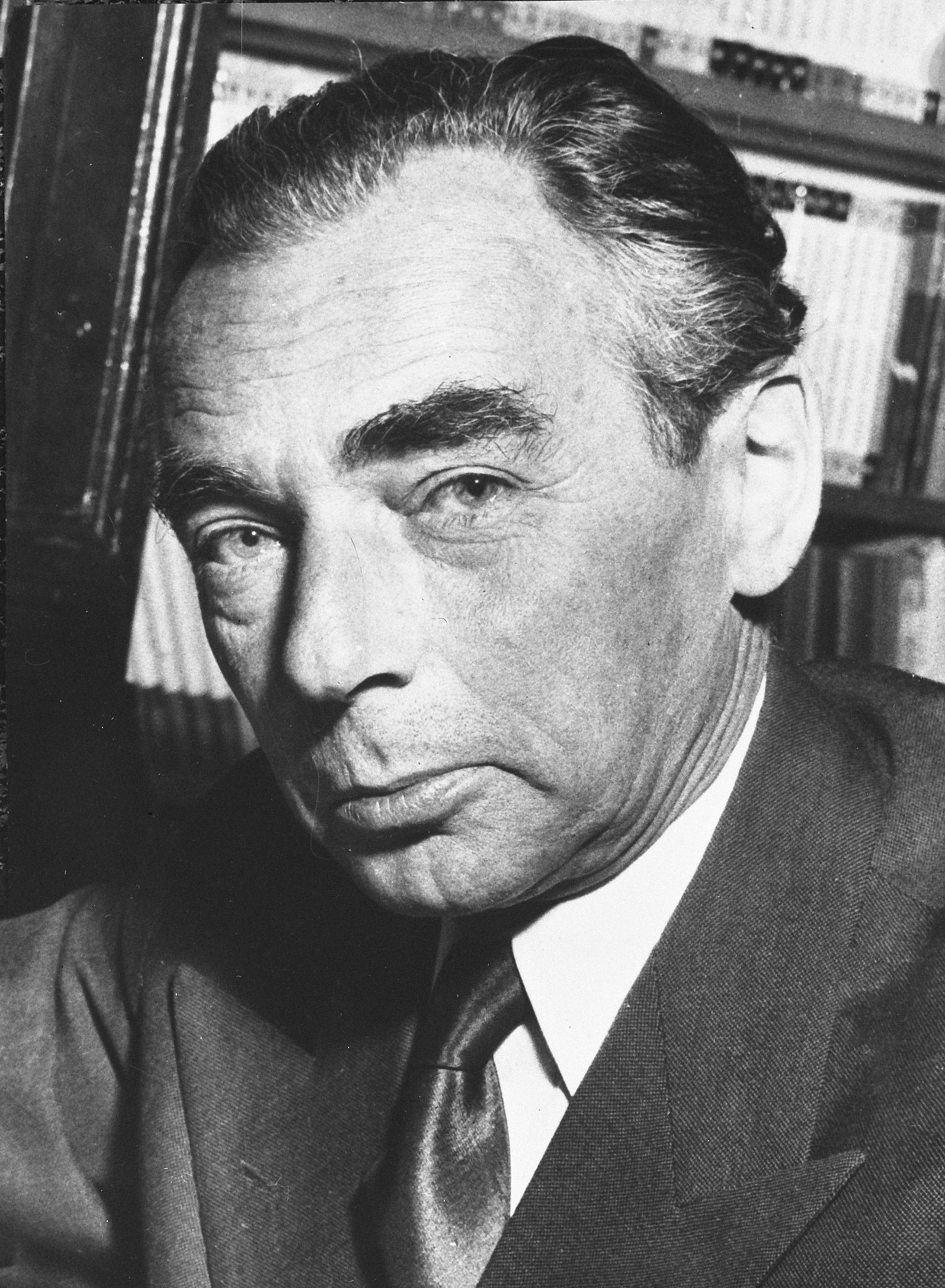Erich Kästner Quotes
Inspiring Words Uniting Courage and Intelligence for True Human Progress
Discover the insightful words of Erich Kästner, where courage and intelligence unite to bring about true progress for humanity.
Emil Erich Kästner was a highly acclaimed German writer, poet, screenwriter, and satirist. Known for his humorous and socially astute poems, as well as for his beloved children's books such as Emil and the Detectives, Kästner received numerous accolades throughout his career. He was awarded the international Hans Christian Andersen Medal in 1960 for his autobiography, Als ich ein kleiner Junge war, and was nominated for the Nobel Prize in Literature six times. Born in Dresden, Saxony, Kästner had a close relationship with his mother and experienced a relatively happy childhood. However, his life took on a different turn when he entered a teacher training school but dropped out shortly before completing the exams. He then joined the Royal Saxon Army during World War I and underwent rigorous military training that influenced his later antimilitarism.
After the war and some brief periods of study at different universities, Kästner settled in Berlin in 1927 where he experienced his most productive years. As a journalist and critic for various newspapers and magazines, including Berliner Tageblatt and Die Weltbühne, he published hundreds of articles tackling various topics. During this time, he also published several collections of poems that reflected the Neue Sachlichkeit movement's style of using satire to critique society. Additionally, Kästner gained widespread recognition with his best-selling children's book Emil und die Detektive. Set in contemporary Berlin rather than a fairy-tale world like many children's books at the time, it became immensely popular both domestically and internationally.
Despite being opposed to the Nazi regime and witnessing book burnings targeting his works, Kästner chose not to go into exile. He stayed in Berlin to chronicle events while facing interrogations from the Gestapo. Throughout World War II and beyond until his death in 1974 due to esophageal cancer, Kästner continued to write children's books and other works. His pacifist beliefs compelled him to create satires that conveyed powerful messages of peace, as seen in his book Die Konferenz der Tiere. Despite facing personal struggles and disillusionment with post-war Germany's normalization efforts, Kästner left a lasting legacy in German literature and remains celebrated for his contributions to children's literature.
